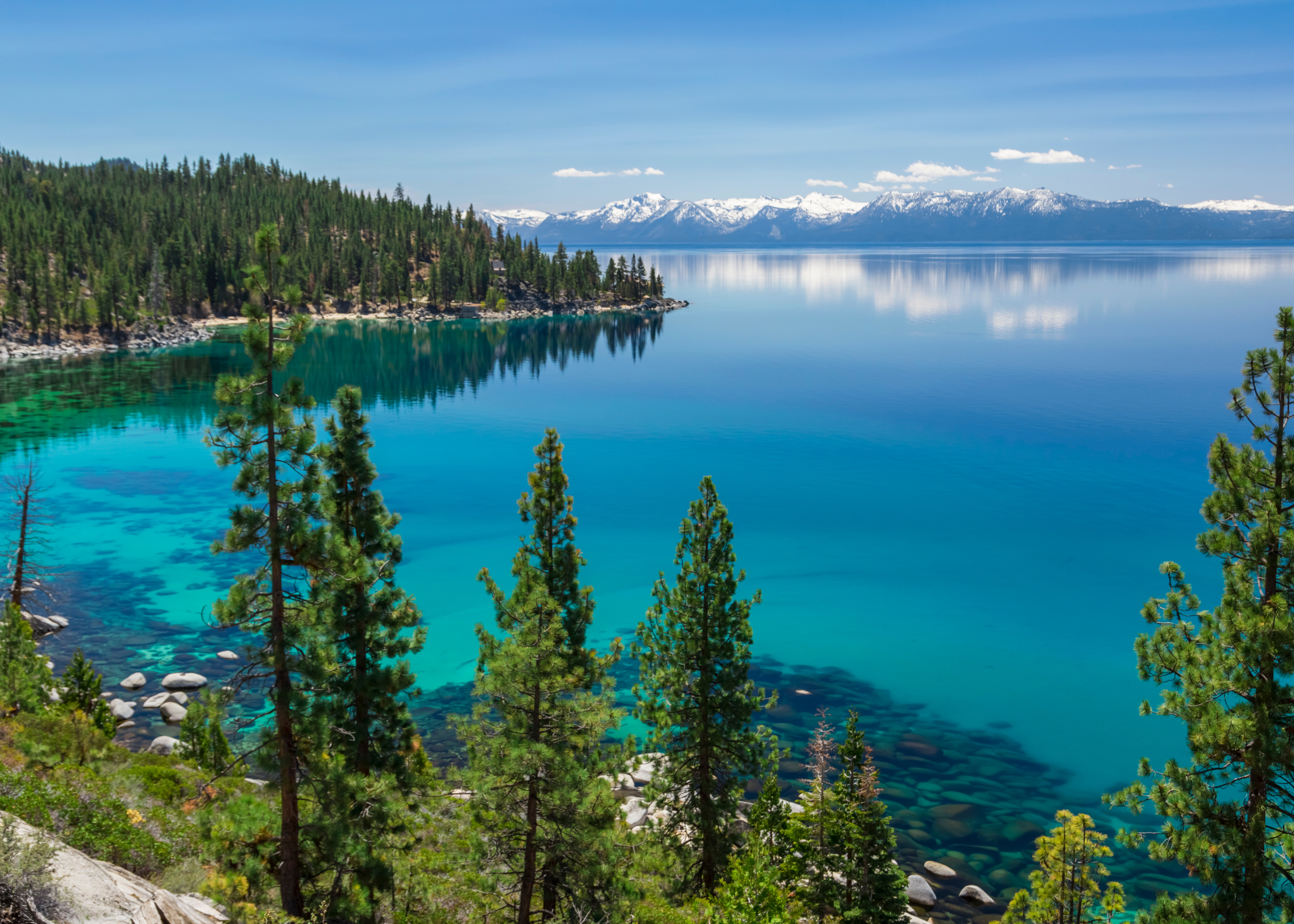Pacbell to Remove Toxic Underwater Cable from Lake Tahoe’s Waters
63 Tons of Lead in Long-Abandoned Telecom Lines
OAKLAND, CA – AT&T’s PacBell subsidiary will pull eight miles of decrepit telephone cable out of Lake Tahoe, where it has been leaching toxic lead into the lake’s water for decades, under a settlement agreement finalized last week in federal court in Sacramento.
Local divers discovered the abandoned cables years ago while removing other trash from the lake bottom, and the non-profit California Sportfishing Protection Alliance (CSPA) brought suit under federal law and California’s Proposition 65. “We submerged a three-foot length of the cable in a plastic tub full of Lake Tahoe water,” said attorney Bill Verick. “After one day, the test results showed 600 micrograms of lead per liter in the water. After three more days, it was up to 1200 micrograms per liter.”
A concentration of quarter microgram per liter would be enough to require consumer warnings, and discharging that concentration into a California source of drinking water is legally forbidden.
PacBell switched to fiber optic phone cables over 30 years ago and simply abandoned in place on the lake’s bottom, the old cables that used a heavy lead sheath to shield copper transmission wires. The cables’ sheathing has been leaching lead into Lake Tahoe ever since. The cables contain approximately 3 pounds of lead per foot, and extend for 8 miles along the western shore of Lake Tahoe from Baldwin Beach to Rubicon Bay, including across the mouth of Emerald Bay.
“As professional divers, we’re all too familiar with the volume of dumping that goes on in Lake Tahoe, but even we were shocked when we came upon these cables and saw how old they looked, and how far they stretched across the Lake,” said Monique Rydel Fortner. She and her dive partner Seth Jones have performed countless scientific dives in Lake Tahoe for clients and for the non-profit Below the Blue to remove foreign debris and investigate pollution problems. Jones praised the Lake Tahoe community for their support and getting involved in the cause. He also thanked AT&T for formally committing to the removal of the cables.
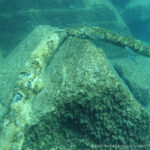
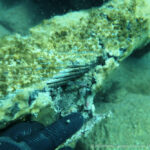
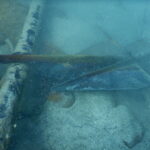
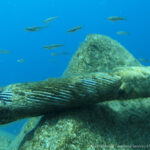
CSPA’s lawyers combined federal law with California’s voter-approved Proposition 65, which covers discharges of toxic chemicals into sources of drinking water, including Lake Tahoe. “Most businesses think Proposition 65 requires only warnings about toxic chemicals, but it has strong extra teeth to protect the waters that we drink from,” said David Roe, author of the 1986 ballot proposition. “Local agencies with responsibilities to protect those waters would do well to study this innovative legal approach. So could any citizen, since any citizen can bring a Proposition 65 enforcement case.”
The settlement obtained by CSPA requires PacBell to get all the necessary permits for the cable removal. PacBell will then put the removal work itself out for bid. If permitting requirements push the removal cost above $1.5 million, the sides will need to come together to reassess, and go back to litigating if they can’t then agree.
CSPA attorney Kirk Boyd says the barge companies he’s talked to say the removal shouldn’t cost more than $500,000, and “we don’t expect PacBell will back out of the agreement on cost grounds.”
“Lake Tahoe is a vital source of drinking water to surrounding communities,” said Dr. Jimena Díaz Leiva, Science Director at the Center for Environmental Health (CEH). “These lead cables must be cleaned up to prevent any further lead leaching into the water. Even low concentrations of lead can have harmful health effects on vulnerable populations like children.”
CSPA executive director Bill Jennings noted: “Lake Tahoe is one of California’s iconic waterways. We’re proud to help get this toxic garbage out of the Lake.”
